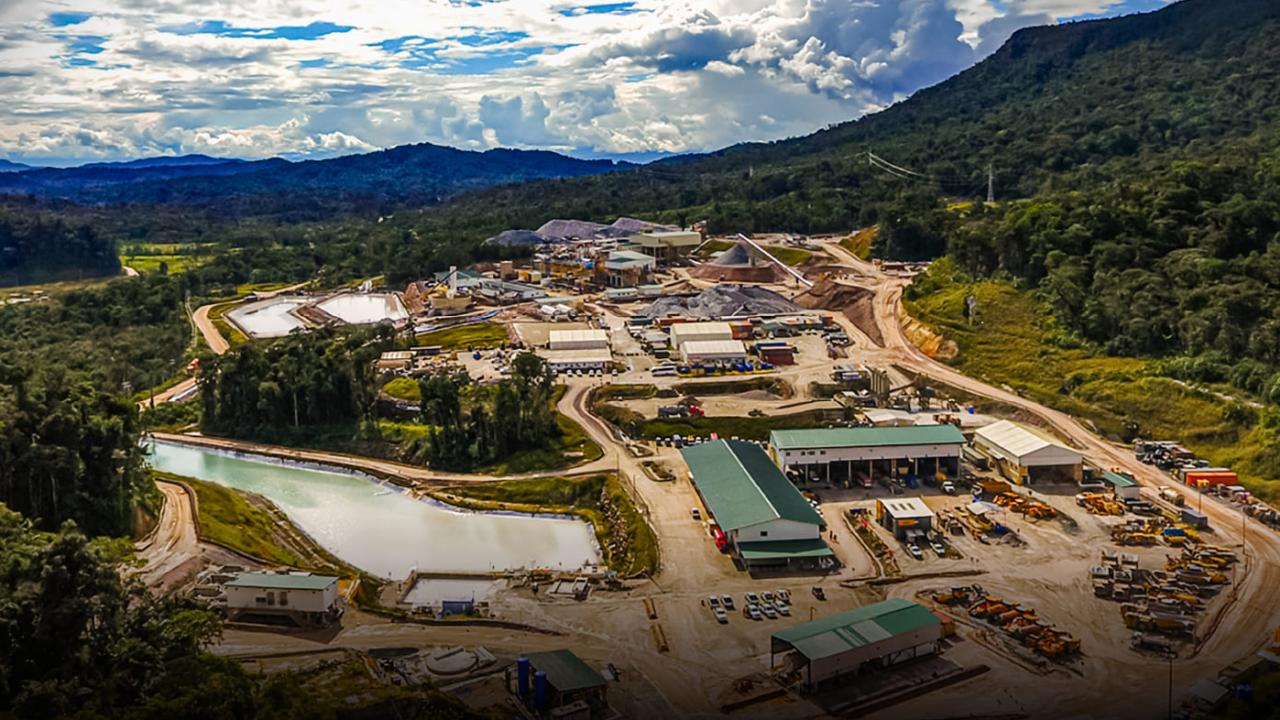
The Chamber of Mining points out that contracts with the two mining companies in production include the supply of electricity by the State. Lundin Gold self-generates 8 MW.
On Tuesday, October 15, the Minister of Energy and Mines, Inés Manzano, said that all mining companies that start operating must have their own electricity generation. In light of this, the Ecuadorian Chamber of Mining (CME) stated on Wednesday 16 that, according to the Constitution, it is the Government that will guarantee the supply of electricity for investments in the extractive sector; despite this, mining companies are already seeking to generate their own energy.
“When we talk to mining companies, they are already looking for ways to self-generate, not because it is an obligation, but out of conviction,” said Carolina Orozco, president of the CME board of directors.
He said the industry wants to help the country "get out of the energy crisis sooner," which has caused long-term power shortages nationwide.
Given the current situation in the country, accusations have been made against the mining industry, ranging from the electricity rates they pay to the fact that the projects currently in production, Fruta del Norte and Mirador, operated by the foreign companies Lundin Gold and Ecuacorriente, respectively, should have their own energy sources.
In this regard, the Chamber maintains that the mining sector does not receive any subsidy or preferential rate. That the costs are established in the tariff schedule for the high voltage segment (AV2), which includes consumers of more than 138,000 kilovolts. Orozco asserted that this group includes five companies, including mining companies, as well as those from the steel and oil sectors.
Asked whether the contracts signed with the two large mining companies included an obligation for the companies to build their own power plants, Carolina Orozco replied that “the contracts with these companies were signed by another government, more than a decade ago, when no one had thought that this drought or this energy crisis would happen.”
He pointed out that with the Electricity Master Plan (PME) that was in force at the time when the electricity contracts were negotiated and signed, "supposedly by today we would have energy sovereignty and would be selling electricity to other neighboring countries," but this did not happen, he said.
Orozco added that the contracts with the mining companies included the supply of electricity and commented that the latest government announcements - regarding the elimination of the alleged electricity subsidy - touch on issues that could affect legal security.
“Part of the decision of these two companies (Ecuacorriente and Lundin Gold) to come to Ecuador was the conditions under which the Government offers facilities for investment. At that time, one of them was the supply of electricity, because we were talking about a time when Ecuador had a long-term vision, that we should have had energy sovereignty. Unfortunately, that did not happen and this crisis hit us all,” the spokesperson responded.
He explained that Lundin Gold, a company affiliated with the Chamber, reports an average energy consumption of 16 megawatts (MW), of which around 8.5 MW are currently self-generated. The self-generated energy is used on certain days for the mine's operations, between 08:00 and 18:00, in order to reduce the energy demand of the national electrical system. The company will bring new generators to the country to increase its self-generation.
The CME did not comment on the situation with Ecuacorriente, as it is not a partner. This company, at the request of Minister Inés Manzano, committed to disconnecting 100% of the electrical system as of midday on Wednesday.
“We hope that this crisis will not affect Mirador, the mining sector or Ecuador’s productivity,” said María Eulalia Silva, president of the Chamber of Mining. She noted that the project managed by Ecuacorriente currently exports minerals worth more than $100 million each month.
Silva insisted that “there is no preferential electricity rate” or subsidy for the mining industry.









